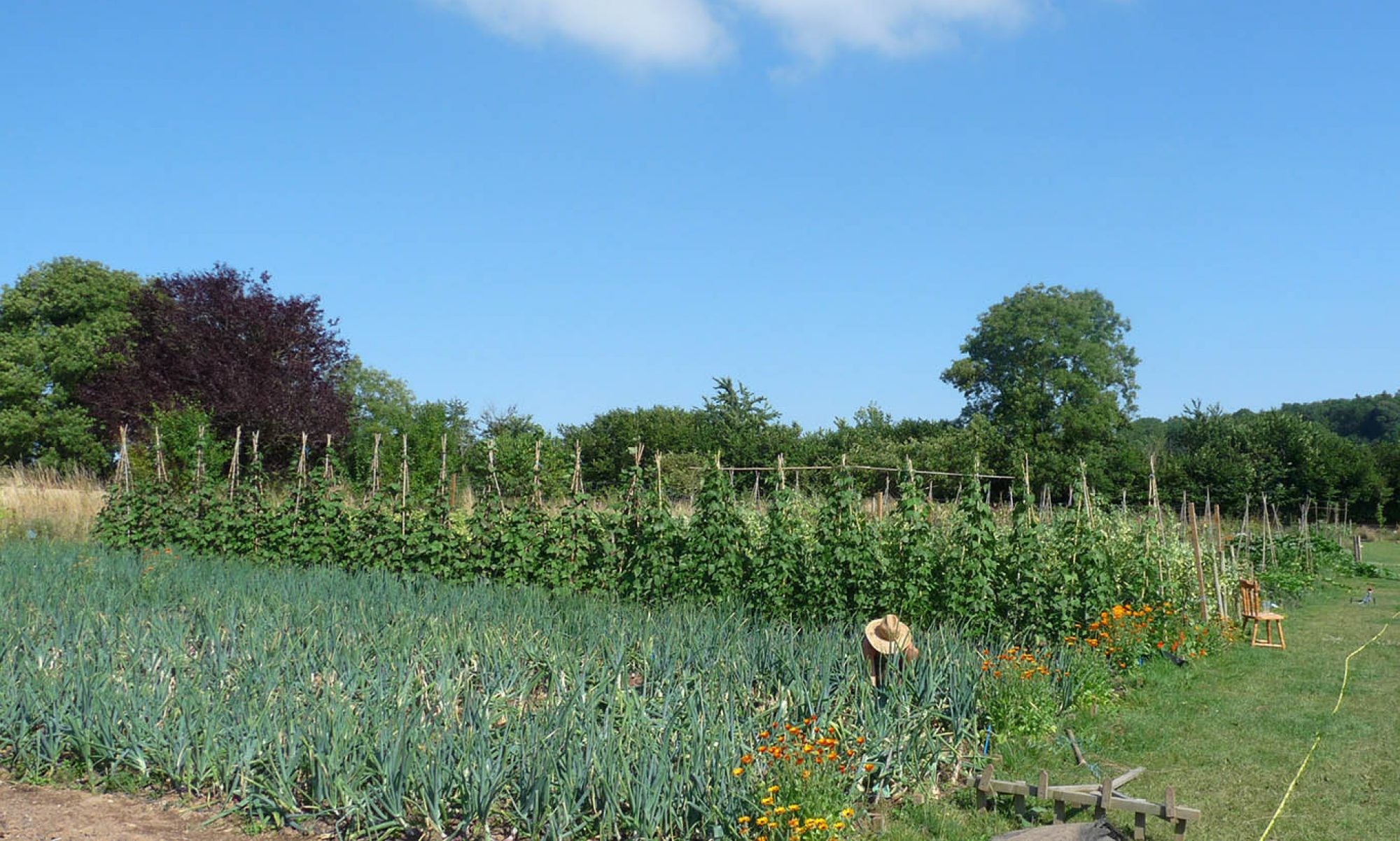Global perspective
Common Agriculture Policy (CAP)
Did you guess that 70% of the food is produced by small scale farmers? There are still over 2 billion people that get their livelihoods from farming globally, though this is threatened by the steady push of industrialised farming perpetuated by policies such as the Common Agricultural Policy (CAP).
CAP is a framework which was set up to increase food security after WW2 and managed this by securing farmers income through subsidies on production. It has been through many reforms, and currently subsidies are predominantly awarded based on acreage (i.e. the bigger your farm the more you get). There are other smaller payments that cover environmental measures, rural development and the policies that control how Europe trades with other countries. It is the largest common policy across Europe and 40% of the EU’s budget is spent on it.
About 4 billion pounds of taxpayer’s money is spent on UK agriculture every year through the CAP, and sadly this money is leading to bigger more specialised farms that are devastating for the environment and biodiversity. What’s more, our subsidised food from the EU is traded on the global market, where food from less wealthy nations (that can not pay their farms subsidies) cannot compete, thus undermining their food sovereignty.
Farms such as School Farm CSA do not receive any subsidy, however we also compete with large industrialised farms which do. Many groups are campaigning for the EU to recognise the advantages of small scale organic farming, which is more productive per unit area, more resilient, and is better ecologically, environmentally and socially – providing jobs in rural communities, safe, healthy food for us all, and encouraging biodiversity.
Although the reforms for the next five years are already complete, it’s a continual dialogue and we felt it was interesting and important to hear a little about it here and to keep watching what happens next. Lots more information can be found through
European Coordination of Via Campesina

